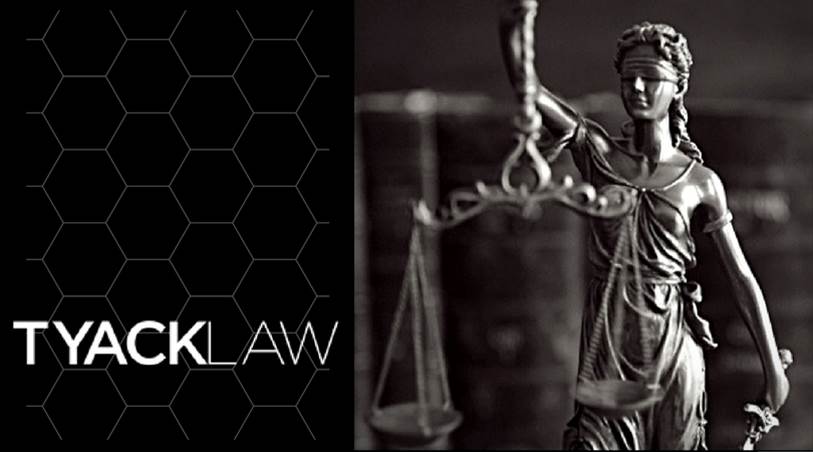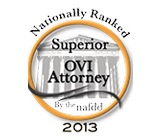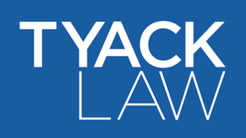
By: Holly Cline
Last week, the Supreme Court of the United States issued a 5-4 opinion in Carpenter v. United States, ruling that the police (or other government officials) typically cannot access historical cell-site location records without a warrant.
Under the longstanding “third-party doctrine,” the Supreme Court has held that the Fourth Amendment does not protect records of information that a third party, such as an individual, business, entity, or corporation, voluntarily shares with someone or some other entity—including, most significantly, a police officer, prosecutor, or other investigate entity. However, in Carpenter, the Court ruled that, notwithstanding the “third-party doctrine,” the police will generally need to get a warrant to obtain cell-site location information—a record of the cell towers (or other sites) with which a cellphone has connected—from third-party wireless carriers.
The case, Carpenter v. United States, No. 16-402, arose from armed robberies of Radio Shacks and other stores in the Detroit area starting in 2010. Along with witness testimony, prosecutors relied on months of records obtained from cellphone companies to prove their case. Cellphone companies had turned over 127 days of records that placed the Defendant’s phone at 12,898 locations, based on information from cellphone towers. The cellphone records disclosed, for instance, everything from when Mr. Carpenter did not sleep at home to when he attended his usual church on Sunday mornings. Most significantly, the records also showed that Mr. Carpenter’s phone had been nearby when several of the robberies happened. Based on this evidence, he was convicted and sentenced to 116 years in prison.
At issue was whether prosecutors violated the Fourth Amendment, which bars unreasonable searches, by collecting without warrant vast amounts of data from cellphone companies that showed Mr. Carpenter’s movements.
In two of its recent decisions, the Supreme Court expressed discomfort with allowing unlimited government access to digital data. In 2012, the Court limited the ability of the police to use GPS devices to track suspects’ movements.[1] And in 2014, it required police officers to obtain a warrant before they search an individual’s cellphone.[2]
Writing for the majority, Chief Justice John Roberts pointed to the “seismic shifts in digital technology,” which have allowed wireless carriers to collect “deeply revealing” information about cellphone users that should be protected by the federal Constitution. As his opinion in Riley pointed out, “cellphones and the services they provide are ‘such a pervasive and insistent part of daily life’ that carrying one is indispensable to participation in modern society.”
“The question we confront today,” Chief Justice Roberts wrote, “is how to apply the Fourth Amendment to a new phenomenon: the ability to chronicle a person’s past movements through the record of his cellphone signals. Such tracking partakes of many of the qualities of the GPS monitoring we considered in Jones. Much like GPS tracking of a vehicle, cellphone location information is detailed, encyclopedic and effortlessly compiled.”
Concluding that the “third-party doctrine” is of limited use in the digital age, Roberts explained that:
Mapping a cellphone’s location over the course of 127 days provides an all-encompassing record of the holder’s whereabouts. As with GPS information, the time-stamped data provides an intimate window into a person’s life, revealing not only his particular movements, but through them his “familial, political, professional, religious and sexual associations.”[3] These location records “hold for many Americans the “privacies of life.”[4]
While the decision has implications for a wide range of personal information held by third parties—such as emails, phone calls, text messages, internet searches, and bank and credit card records—Chief Justice Roberts clarified that the Court’s ruling had limits: “We hold only that a warrant is required in the rare case where the suspect has a legitimate privacy interest in records held by a third party.” It did not address real-time cell tower data, he wrote, “or call into question conventional surveillance techniques and tools, such as security cameras.” “Nor do we address other business records that might incidentally reveal location information,” Chief Justice Roberts wrote. “Further, our opinion does not consider other collection techniques involving foreign affairs or national security.”
While the Court left open the question of whether limited government requests for location data required a warrant, it nonetheless determined that access to seven days of data is enough to raise Fourth Amendment concerns.
[1] United States v. Jones, 565 U. S. 400 (2012).
[2] Riley v. California, 573 U. S. ___, ___ (2014).
[3] Quoting Justice Sotomayor’s concurring opinion in United States v. Jones, 565 U. S. 400, 415 (2012) (a case in which five justices held that privacy concerns would be raised by GPS tracking).
[4] Riley v. California, 573 U. S. ___, ___ (2014) (recognizing the “immense storage capacity” of modern cell phones in holding that police officers must generally obtain a warrant before searching the contents of a phone).
Disclaimer: The information in this blog post (“post”) is provided for general informational purposes only, and may not reflect the current law in your jurisdiction. No information contained in this post should be construed as legal advice from the Tyack Law Firm Co., L.P.A., or the individual author, nor is it intended to be a substitute for legal counsel or representation on any subject matter. No reader of this post should act or refrain from acting on the basis of any information included in, or accessible through, this post without seeking the appropriate legal or other professional advice on the particular facts and circumstances at issue from a lawyer licensed in the recipient’s state, country, county, or other appropriate licensing jurisdiction.
Talk with an experienced Lawyer today
Fill out the form to get started with your case evaluation.













